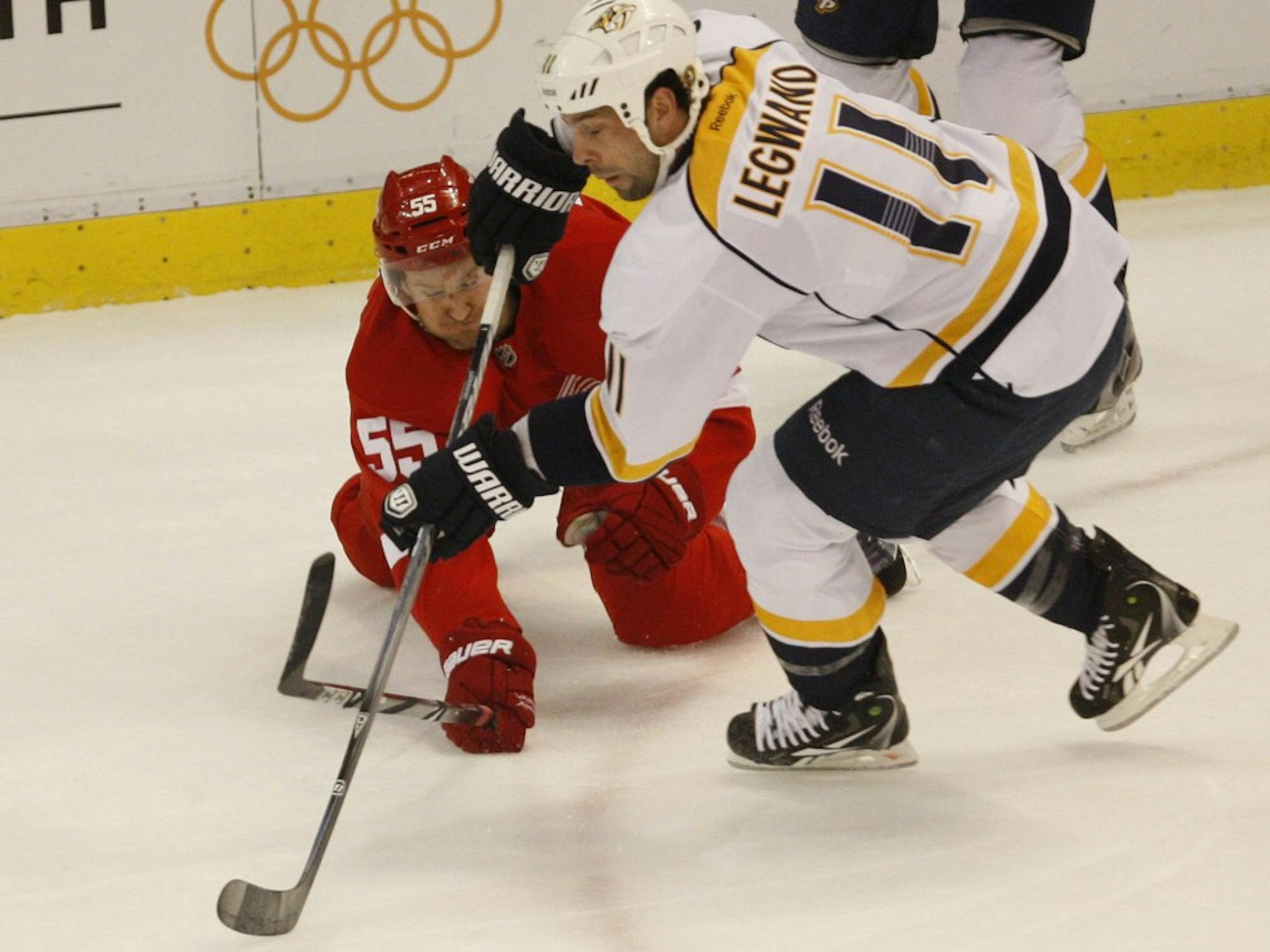Black ice is a slick surface that is difficult, if not impossible, for the human eye to see. It can cause frightful accidents, and at the very least lead to poor driving conditions. The National Hockey League looks like it is about to drive over some black ice if the man behind the wheel, NHL commissioner Gary Bettman, is not careful and quick to react.
The NHL could be facing another downward, slippery, slope as many speculate the possibility of an NHL lockout so soon after the one in 2004-05.
An NHL lockout is the result of the collective bargaining agreement, between the NHL owners and the NHL Players’ Association, expiring. The CBA is the agreement between the two parties that governs working conditions, how to split revenue and other
important components of the NHL business.
The NHL lockout is, at the core of the issue, a dispute over money. More specifically, the issue is about how to split the revenue.
Currently the NHLPA receives 57 percent of the revenue, while the owners of the NHL are allotted 43 percent. The NHL owners would like their revenue to rise to 53 percent, taking the NHLPA’s revenue down to 47 percent.
Cutting their share of revenue, by ten percent, is something the NHLPA would prefer not to happen. The NHLPA’s anger is understandable when you factor in that the revenue “pie” that is being split is worth $3.3 billion. So, by cutting revenue by ten percent, the NHLPA would be taking a $330 million paycut per year.
With the CBA set to expire at midnight on Sept. 15, the irony of losing money is lost on the players. The NHLPA hopes that they will hold out, missing paychecks temporarily, in the hopes that they can keep their share of the revenue the same. Thus the short term loss, their paycheck, would be worth the long term gain.
However, the lockout rarely plays out this way. Typically, the NHL players will begin to lose money and patience with the NHLPA, which will result in the players accepting the NHL owner’s demands, leaving them to wonder why they ever missed paychecks if they just end up accepting the terms the NHL owners submitted originally. So after holding out to make more money in the long term, the players will instead lose money, in both the short term and the long term, by holding out.
The NHL owners believe they deserve more revenue of a growing “pie,” but the revenue only grows due to casual fans attending and watching NHL games, and with a NHL lockout casual fans will not be able to attend or watch the games. And because they are merely casual and not “diehard” fans they will just watch something else. The result is that fewer fans will attend and watch games, and fewer fans will grow to enjoy the NHL, lowering potential revenue as well.
With an NHL lockout, the diehard fans will stay and the casual fans will go, the owners will get more money and the NHL players will earn less money and ultimately the NHL’s ability to continue to grow their sport will decline.
Any driver that has hit black ice will tell you the same thing: They didn’t see it coming and they just lost control. Well, the NHL is driving recklessly down a road. Neither party sees anything and the result will be that they all lose control.










